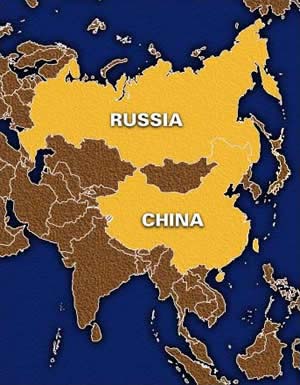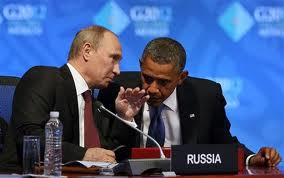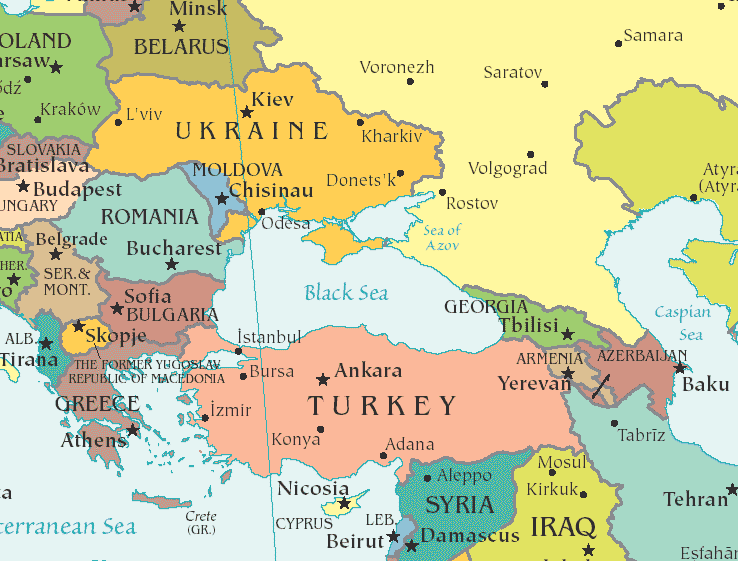Though officials at the World Health Organization are feverishly working to stop the spread of the Ebola virus in what is now seven African nations, their efforts may be for naught. In Guinea, a hot spot for the deadly contagion, government health officials have said that the outbreak is nearly under control. Yet, Reuters reports that the government “planned to stop publicly releasing the death toll to avoid causing unnecessary panic.”
But panic may be in order.
Despite the best efforts of emergency health workers it appears that virus may have crossed out of Africa into Europe.
The outbreak of Ebola Virus in seven west African countries has broken through all containment efforts and is spreading like wildfire. According to Christian Relief groups working in Guinea and Liberia, the number of confirmed infections jumped 15% in just the last 24 hours. In addition, 40 illegal alien migrant workers from the outbreak area, who came ashore in Pisa, Italy, are showing signs of Ebola infection and are being isolated in Pisa Italy because of fever and “conjunctivitis” (bloody around the eyes). According to the World Health Organization, this strain of Ebola is entirely new and although it is close to the Zaire strain, it is different, thus accounting for false-negative test results . . . . . for weeks!Italian officials deny the reports, but alternative media in the country suggests this is the reason for a complete lock down of a hospital in Pisa, where it is believed to have infected some 40 individuals. Other reports trickling in from various sources like social media indicate the virus may have also appeared about 50 miles from Pisa in Tuscany, Italy.
Those false-negative results meant people who were actually infected with Ebola, were returned to their families and neighborhoods to recover from what they believed was the Flu or a case of food poisoning, only to spread the Ebola further.
The result has been a complete loss of containment of this Ebola outbreak.
With the likely arrival of Ebola in Pisa, Italy, the European continent is now at severe risk.
Alarmingly, a story that appeared about the outbreak on national news wires was reportedly removed by the Italian government for “national security reasons,” suggesting that there is more to the reports than Italian officials are willing to express to the public at this time.
Though they have denied that the Pisa hospital was locked down due to Ebola, they seem to be bracing for the possibility of a severe epidemic in Rome and Milan.
(Google Translation via Italy’s Vnews24)According to Samaritan’s Purse, a Christian relief group actively working with hospitals and health officials in Guinea and Liberia, what makes Ebola so dangerous is that it can be transmitted through human contact and may take weeks before symptoms appear:
And ‘mystery about forty hypothetical cases of Ebola registered in our country. The virus is particularly common on the African continent – the cases “official” were recorded in Senegal, Mali and Ghana - may have arrived in Italy “thank you” to the massive exodus of immigrants to our shores. A first “bell” d ‘alarm was launched by Lampedusa. According to a report appeared in the network (and immediately removed for reasons of “national security”), in fact, April 16 would be recorded on an epidemic ‘island, never confirmed nor refuted by our Ministry of Health.
A new ”SOS” about the spread of the virus’ Ebola in the Bel Paese is, this time, from Tuscany. Means of dissemination of the news shock is always the network: blogs, social networks, websites dedicated highlighted the “Curious Case of St. Flushing,” reception center site in Pisa, closed to the public due to the presence, all ‘inside of it, forty non-EU nationals which are to some strange symptoms. Capuzzi Sandra, Councillor for Social Policies of the Municipality of Pisa, he would have dismissed the alarmism of his countrymen, by classifying the health status of the refugees in the structure in these terms: “They have just a little bit fever, caused by stressful travel conditions under which the children were subjected. “
Fear, meanwhile, remains. The forty possible carriers of the virus’ Ebola have been subjected to all the tests required in high-risk situations. The Italian population, however, does not feel the climate of reassurance that high institutional positions and subjected try to transmit information through various channels, official and unofficial. The tension increases, although the Ministry of Health said that, in the unlikely event of an outbreak, Rome and Milan would be ready to face the ‘epidemic.
The initial Ebola outbreak in Guinea is believed to have started when hunters came in contact with infected fruit bats. The Ebola virus is spread between humans through direct contact. Once infected, it can take up to 21 days for symptoms to appear, which include high fever, headaches, and fatigue. At that point, the infected person is contagious.With details lacking and health officials opting to keep reports of infections from the public, it is impossible to know exactly how far the virus has spread.
As noted above, this new strain was not identified immediately, thus blood tests of people showing possible symptoms may have shown false-negatives even though those individuals may have been carrying the virus. Once returned to the general population and assuming they did not contract the virus, it is certainly possible that it was then transmitted to others.
If Ebola has taken hold in Italy, then we can expect more reported cases all over the continent in coming weeks, with the real possibility that the virus could make its way to U.S. shores via hundreds of international flights arriving on a daily basis.
It’s understandable that government officials do not want to overreact and cause panic, especially insofar as global air travel is concerned, because doing so would lead to a lock down of airports worldwide.
The panic would be unprecedented.
As noted by Tess Pennington of Ready Nutrition, even if the public became aware that a pandemic was in progress, many would remain in denial about such a prospect and would remain oblivious to the long-term repercussions. She notes that the effects of a pandemic could be swift and drastic, leading to societal upheaval :
Understanding that our lives will change drastically if the population is faced with a pandemic and being prepared for this can help you make better choices toward the well being of your family. Some changes could be:Given the continued spread of the virus to numerous countries in Africa, and now possibly Europe, we urge readers to remain vigilant and have, at the very least, theirbasic essentials in place.
(Source: Pandemic Preparedness)
- Shut downs of business commerce
- Breakdown of our basic infrastructure: communications, mass transportation, supply chains
- Payroll service interruptions
- Staffing shortages in hospitals and medical clinics
- Interruptions in public facilities – Schools, workplaces may close, and public gatherings such as sporting events or worship services may close temporarily.
- Government mandated voluntary or involuntary home quarantine.
This virus is incurable and is believed to have a mortality rate of up to 85% of those infected.
If it is spreading outside of Africa, then it is only a matter of time – perhaps several weeks – before it becomes apparent in developing nations.
These posted probabilities are in no way authoritative, and should be considered a “best guess” only.In the United States, the CDC has issued a travel alert to airlines and set up emergency quarantine stations at domestic airports, though there are no specific guidelines in place at this time according to BD Live:
Probabilities of unchecked infection at this point, based upon a method of travel, times and frequencies of airline flights to various cities, also including certain assumed volumes of “mixed maritime” traffic between north Africa and southern Europe - the Probability that Ebola will strike is:
63% in Italy within 8 days
44% in Spain within 15 days
77% in Riyadh/Saudi within 21 days
40% in Libya within 25 days
29% in the US within 28 days
37% in Egypt within 33 days
By the time we get to 35 days, it can be in 25 countries on 4 continents.
(Source: TRN)
The US is well prepared to handle infected patients on its soil with 20 CDC quarantine stations in place at US airports that are designed to deal with anyone who has symptoms of a wide range of infectious illnesses, including Ebola, according to spokeswoman Christine Pearson. Despite the outbreak, there are no special requests or guidelines to airlines about Ebola, though the CDC has issued a travel alert, she said.If in the next month we see Ebola popping up in North America then we may have a serious problem on our hands.
“The time it takes to travel from rural Guinea to anywhere in the US is more than enough time to incubate the virus and be symptomatic,”Council on Foreign Relations senior fellow Laurie Garrett said in New York.
Credit to Shftplan.com

 There are conflicting reports about a fatal shooting near Sloviansk
There are conflicting reports about a fatal shooting near Sloviansk Government buildings in eastern Ukraine, such as this one in Sloviansk, have been taken over by pro-Russian activists
Government buildings in eastern Ukraine, such as this one in Sloviansk, have been taken over by pro-Russian activists


